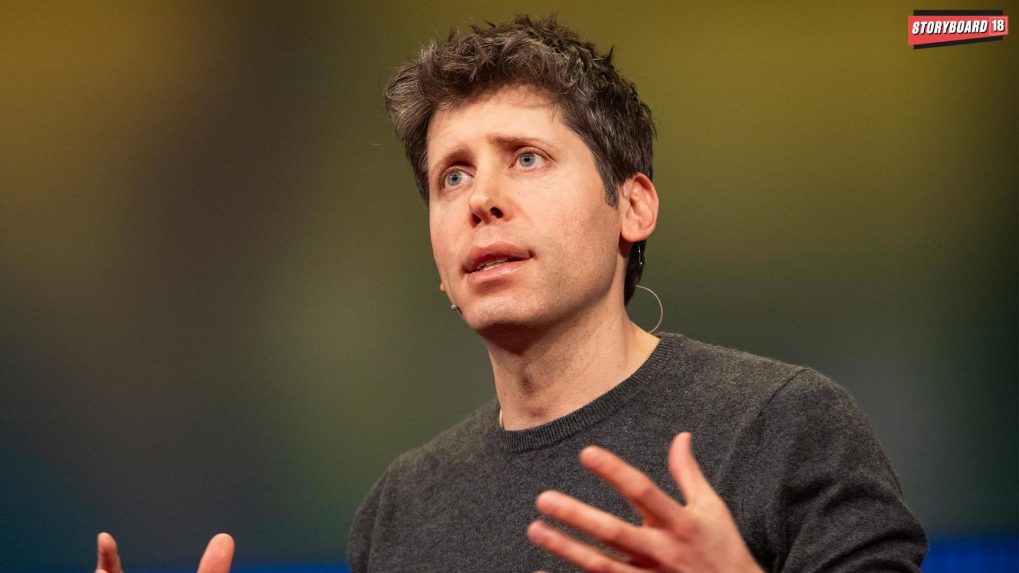How it Works
WPP, Havas, Omnicom: Are advertising’s biggest holdcos recasting agencies as AI Operating Systems?

If you've been pouring your heart out to AI chatbots like ChatGPT, you might want to hit pause. OpenAI CEO Sam Altman recently dropped a bombshell: your deeply personal conversations with AI lack the confidentiality protections you'd get with a doctor, lawyer, or therapist. This could have significant, even legal, repercussions.
Speaking on the "This Past Weekend with Theo Von" podcast, Altman revealed that the tech industry is still grappling with how to offer users the same level of privacy for sensitive topics discussed with AI. "People talk about the most personal details in their lives to ChatGPT," Altman explained. "People use it, young people, especially, use it as a therapist, a life coach; having these relationship problems and [asking] 'what should I do?'"
He starkly contrasted this with traditional professional relationships, stating, "If you talk to a therapist or a lawyer or a doctor about those problems, there's legal privilege for it... And we haven't figured that out yet for when you talk to ChatGPT."
Legal Consequences Loom The lack of protection isn't just a hypothetical concern. Altman warned that in legal situations, user conversations with ChatGPT could be subpoenaed and used in court. "If someone confides their most personal issues to ChatGPT, and that ends up in legal proceedings, we could be compelled to hand that over. And that's a real problem," he stressed.
Unlike secure messaging platforms such as WhatsApp or Signal, which employ end-to-end encryption to keep communications private, ChatGPT conversations are not end-to-end encrypted. This means OpenAI retains the ability to access and review these chats, often utilizing them to improve the AI model and prevent misuse.
While OpenAI claims to delete free-tier user chats within 30 days, crucial exceptions exist for legal and security reasons. The issue of data retention has been under intense scrutiny, particularly amid ongoing legal battles.
OpenAI's Stance Amidst Lawsuits
One prominent example is the 2023 lawsuit filed by The New York Times against OpenAI and Microsoft, alleging the unauthorized use of millions of its articles to train ChatGPT. In a significant development for that case, a court has ordered OpenAI to preserve all related chat data, directly conflicting with the company's stated data deletion policies.
Despite this, OpenAI appears ready to fight for user privacy. "We will fight any demand that compromises our users' privacy; this is a core principle," Altman affirmed on X (formerly Twitter).
However, until the tech world "figures out" how to extend legal privilege to AI interactions, users should exercise caution when sharing their most intimate details with chatbots. The digital confidant might not be as discreet as you think.
From purpose-driven work and narrative-rich brand films to AI-enabled ideas and creator-led collaborations, the awards reflect the full spectrum of modern creativity.
Read MorePraveen Someshwar, Managing Director and CEO of Diageo India, joins the Grand Jury of the Storyboard18 Awards for Creativity, highlighting the awards’ focus on work that blends cultural relevance with strategic and commercial impact.